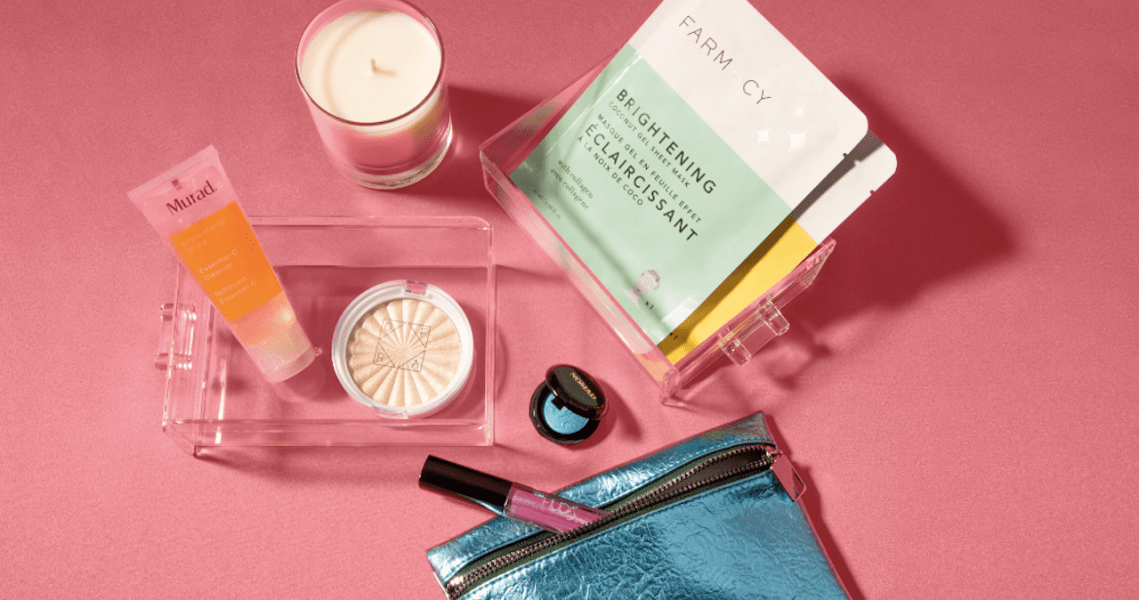Coronavirus continues to change the way fashion and beauty industry professionals live and work in the U.S. — especially as businesses navigate working from home, retail’s fast and furious shutdown and slower reopening, and ongoing consumer behavior shifts.
Knowing the difficulties the fashion, beauty and wellness industries are facing, we have reached out to the founders and CEOs of companies we regularly cover to talk about their new normal. Marcelo Camberos, Ipsy founder and CEO, discussed the company’s post-Covid-19 existence, which includes rethinking digital events and product discovery, and leaning into increased brand interest for Ipsy, as a result of Sephora and Ulta store closures.
“I think there were rumblings early on, but I would say March 8 was the breaking point between life before and a whole new world. The team has been fantastic, and we moved very quickly to ensure all of our associates were not compromised, and that includes our warehouse vendors in North Carolina and Texas. I think because we understood the global impact this was going to have — I’m from Argentina and our president is from Brazil — within two weeks, we completely reimagined our portfolio of initiatives, and re-forecasted our new three-year plan and presented it to our board. We knew the next six weeks were going to make us or break us. We could either come out of this a much weaker company or not.
The opportunity we have is reimagining what Ipsy means and to go after the big speciality physical retailers. Discovery is changing and shoppers don’t want to go into stores for fun, like they used to. They are hesitant, so how can we do a better job at that discovery? Swatching and testing products is, yes, part of it, but also making the experience fun and bringing the delight of what happens in stores to someone’s home. We knew change was happening when Sephora Play! [subscription box] was shutting down [in April], and really great brands that had built up sampling or full-size programs had to deal with that being turned off, but now that’s absolutely even true. With stores closed, how do you get product into customers’ hands? How do you handle the very real problem of excess inventory? All brands are facing that now. We have had some really incredible brands that had either been hesitant to work with us or the timing wasn’t right in the past, which are now re-approaching us again and seeing us as a digital way, to build out distribution and replace the conduit they lost. Kate Somerville and Thrive Causemetics just recently launched new products through the Ipsy Glam Bag. We have also recently launched Kinship, a relative newbie brand founded by two industry veterans, and we have more coming out in about three to four months, since it takes about that long to on-board after conversations. But we can’t on-board them all, and unfortunately, we’ve had to say no to great brands, too. That can be very hard to have stores completely shut off and not really have a presence in digital.
We are still incubating our own brands; Complex Culture [a line of vegan, cruelty-free makeup brushes] came out at the end of last year, but we don’t exactly see that as a private-label play. That is the only line we aren’t associating with a partner. We have two more brands that are still coming up this year with two artists, and that we think can add brand value. We know consumers are willing to give new brands a shot. It just has to feel accessible to them, whether it’s through price or [performance] payoff.
No one is more bummed than I am that were are not on the road doing our live events, and touring different cities, universities and festivals, but we just pivoted to do a virtual event to delight our members and to support the American Nurses Foundation. We’re willing to be experimental and be less strategic here, but it’s not like we are saying all of our in-person events are going to be virtual events now on an on-going basis. That’s not it. We know live events are going to be challenged for the next couple of months and the rest of this year, so we can’t count on that. We also can’t come up with the equivalent of the live format and different influencer collaborations in virtual; there’s not an even fix. It’s not a zero-sum game.”




